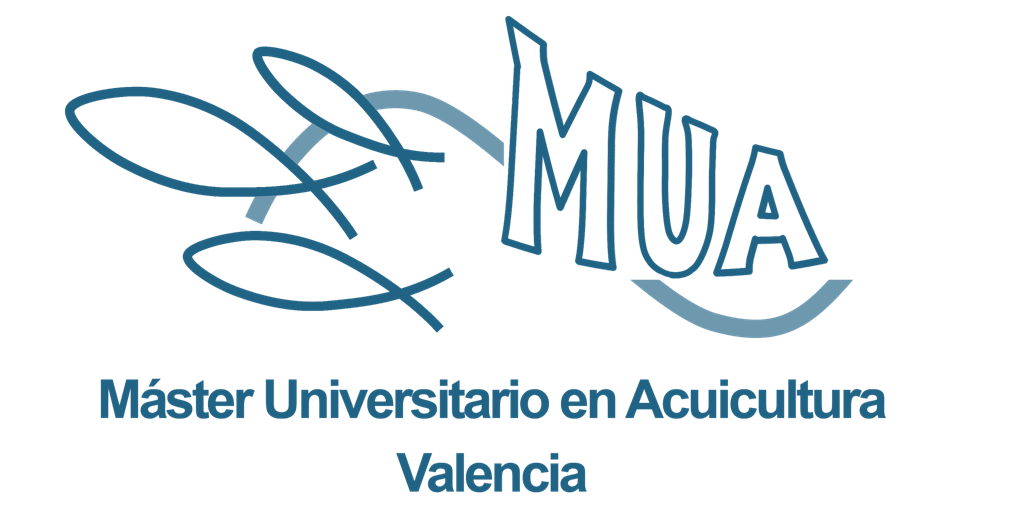 Vera (València) Campus, Universitat Politècnica de València
Vera (València) Campus, Universitat Politècnica de València
Master's Degree in Aquaculture
60 credits
Credit 35,34 €
(2024/2025)
20 openings
(2024/2025)
Introduction
Fish and aquaculture products are one of the main sources of highly digestible animal protein and highly unsaturated fatty acids (omega-3), which is why their demand has doubled over the last three decades. However, fish catches, both marine and inland, have stabilised at around 90 million tonnes, while aquaculture fish production has increased tenfold to 56 million tonnes (38 of inland and 18 of marine origin) according to FAO data. In the coming years, the increase in world population and the rise in per capita consumption (currently around 18 kg per person/year) will lead to a considerable increase in the demand for fish, which will have to be supplied by aquaculture.
The main species produced by aquaculture in the world are the various species of carp, kelp, oyster, clam and tilapia, although the ones that provide the most economic value are shrimp and salmon. In Europe, the most important species are mussels, salmon, trout, oysters, sea bream, carp and sea bass. In the coming years, in addition to the consolidation and improvement of the production of these species, the introduction of new, faster-growing and larger species will be necessary to allow for their processing. In any case, environmental, social and economic sustainability criteria must be a priority, and food safety must also be guaranteed for consumers. Countries should therefore recognise the strategic value of aquaculture for the supply of fish to the population.
The future of aquaculture will require an adequate legislative framework, clear support from administrations, innovative companies with financial capacity, the promotion of R+D+I, and well-trained professionals who are able to optimise production systems and introduce new technologies and scientific advances.
In this sense, the aim of the Inter-University Master in Aquaculture is to train highly qualified scientists and professionals who contribute to the development of the aquaculture sector.
Objectives
The objective of the Master’s Degree in Aquaculture is to provide students with the knowledge, skills and approaches that will enable them to carry out the following tasks:
- Design of aquaculture facilities for marine and inland species, and assessment of their environmental impact.
- Control of the production process, reproduction, feeding, growth, product transformation, etc.
- Health and environmental management.
- Drawing up and development of research projects and integrated management plans.
- Information and scientific dissemination in the aquaculture sector, especially regarding issues of sustainable development, consumption and food safety.
Aimed at
University graduates of:
- Biology, Environmental Sciences, Marine Sciences, Veterinary Science, Animal Science, Biotechnology, Food Science and Pharmacy.
- Agrifood and Rural Engineering, Forestry and Environmental Engineering, Animal Science, Fisheries and Aquaculture Engineering.
Students admitted to the master's degree programme will be assigned a professor-tutor with whom they will decide the specific subjects in which they should enrol according to the student's previous degree and orientation.
Admission criteria
Students will be selected on the basis of an evaluation of their curriculum, taking into account both their academic record and the average of their undergraduate, engineering or degree marks.
Organisation
- Department of Animal Science (Universitat Politècnica de València)
- Faculty of Biology (Universitat de València)
Participants
- Department of Animal Science (Universitat Politècnica de València)
- Department of Hydraulic Engineering and the Environment (Universitat Politècnica de València)
- Department of Food Technology (Universitat Politècnica de València)
- Faculty of Biology (Universitat de València)
- Institute for Aquaculture (Torre de la Sal, Spanish National Scientific Research Council)
Cofinancing
Banco Santander Central Hispano









